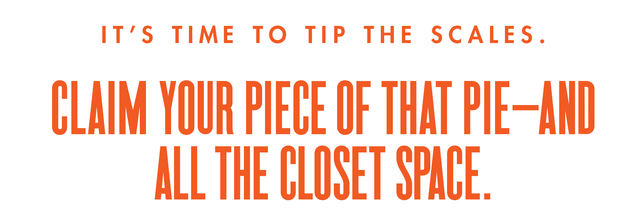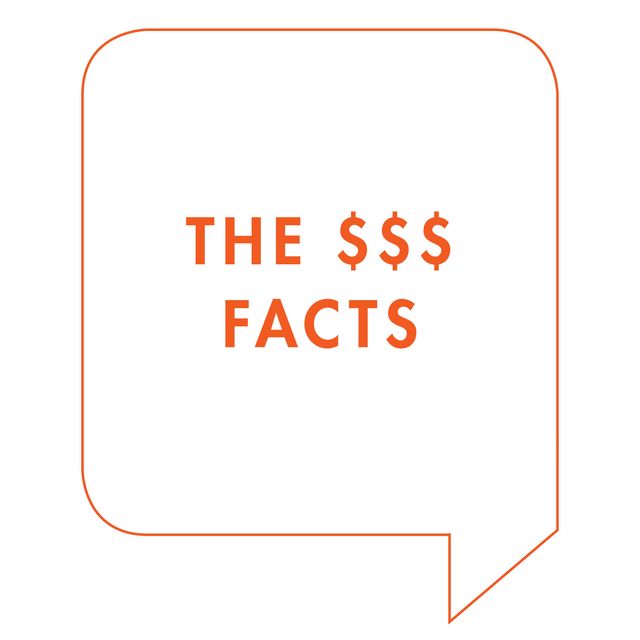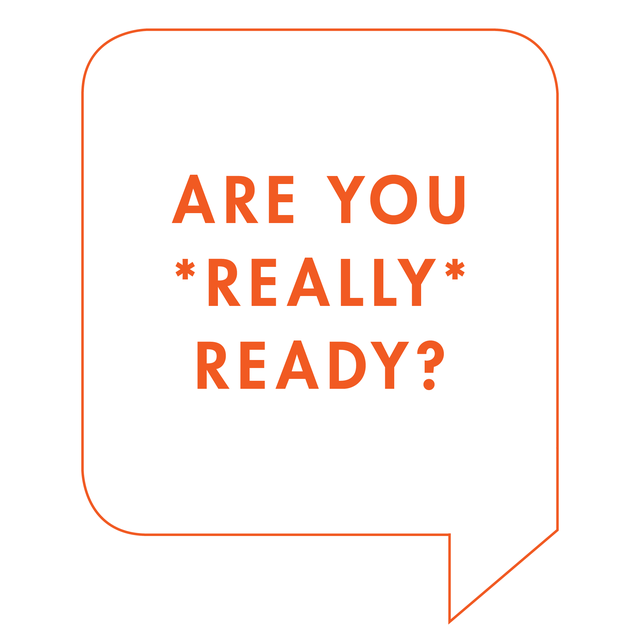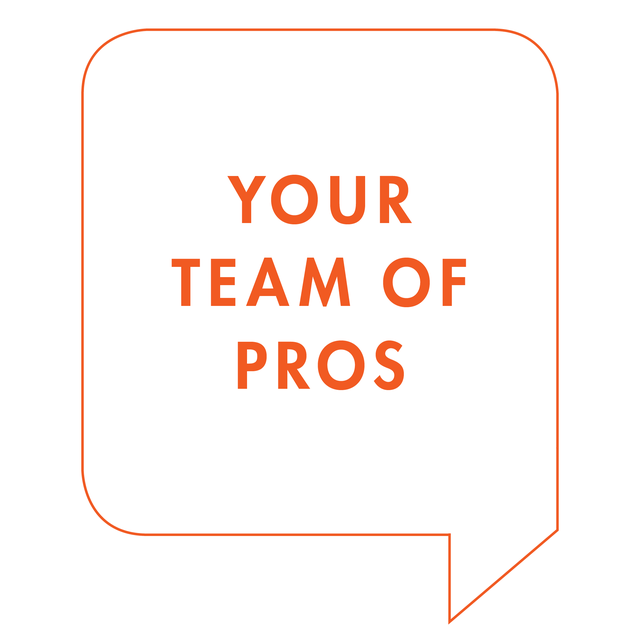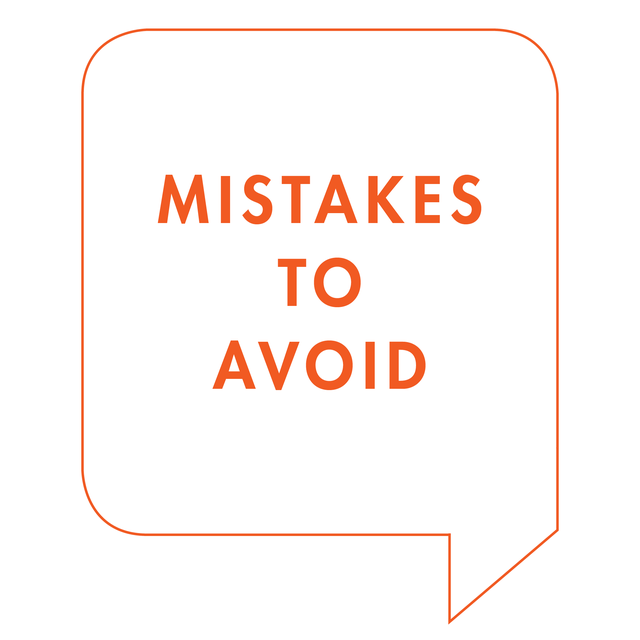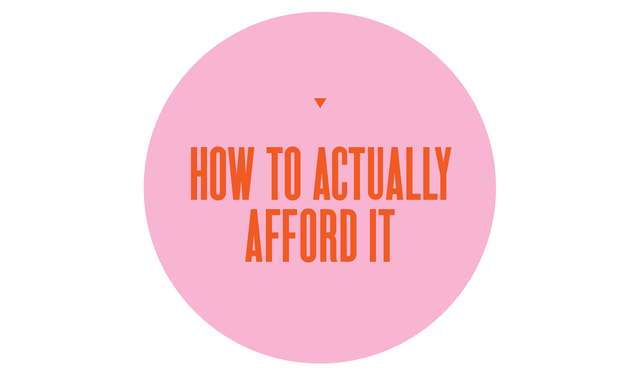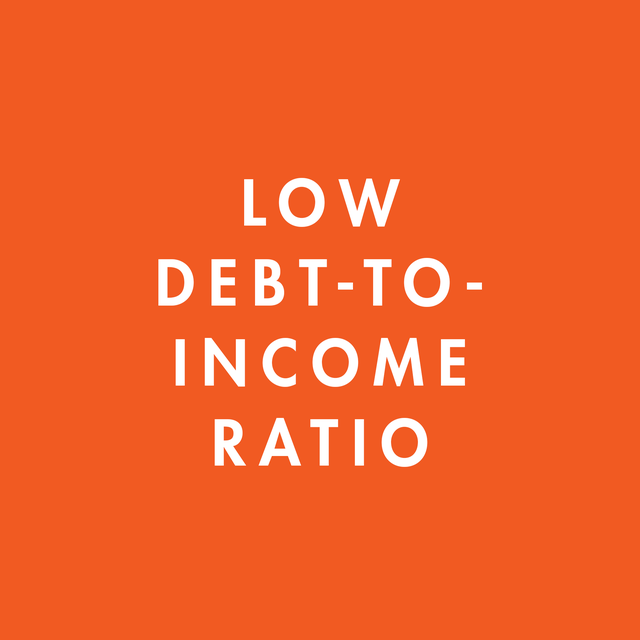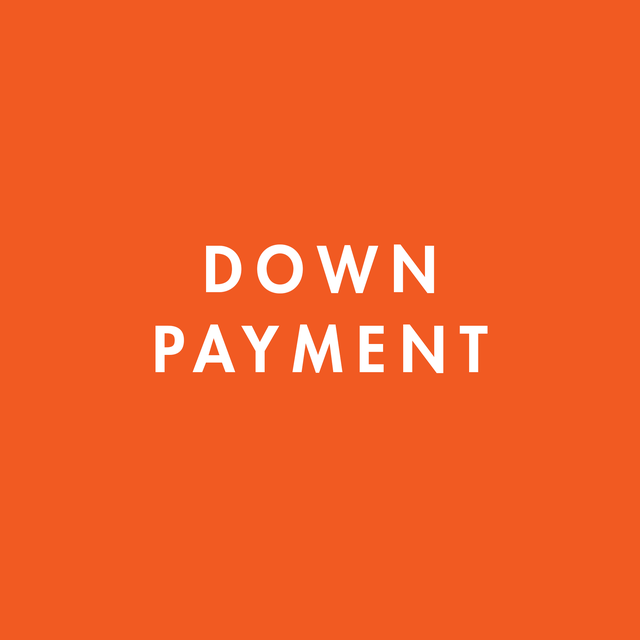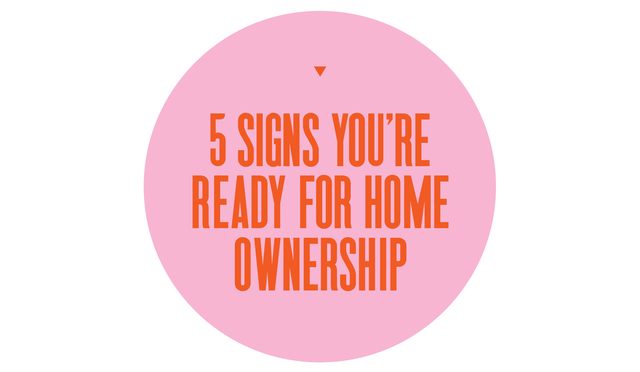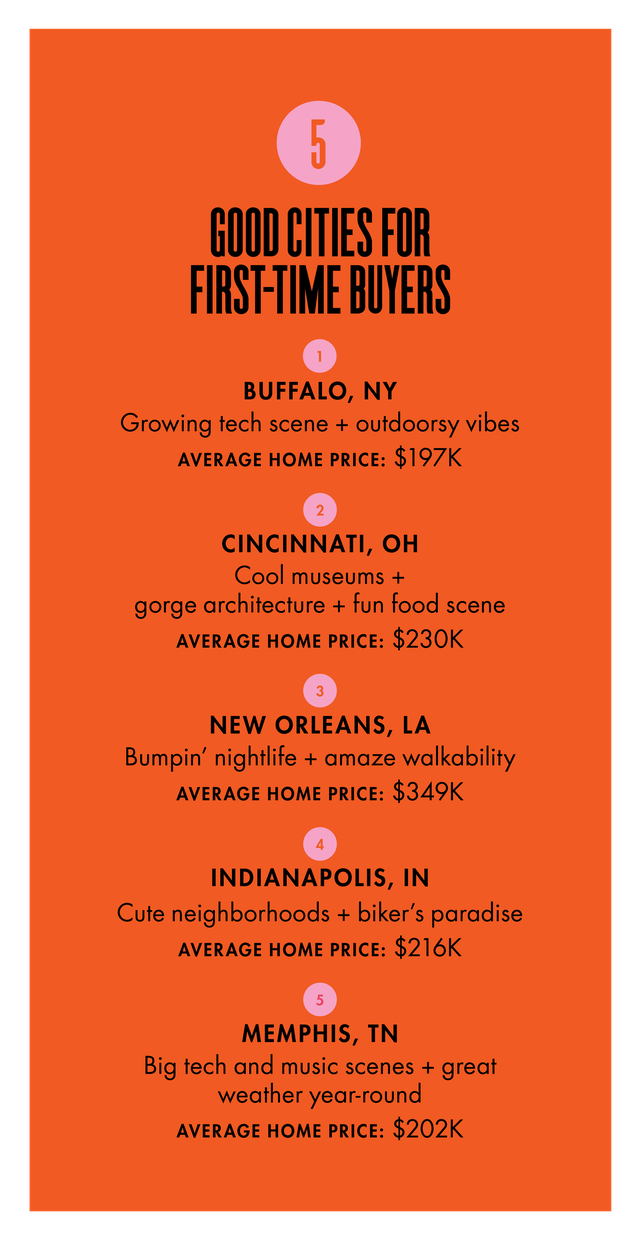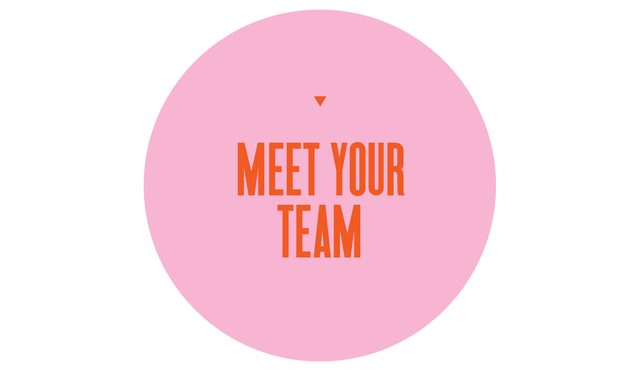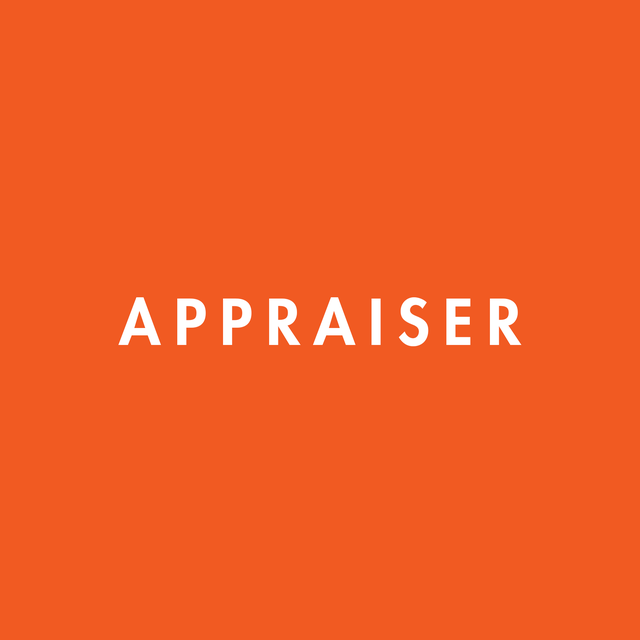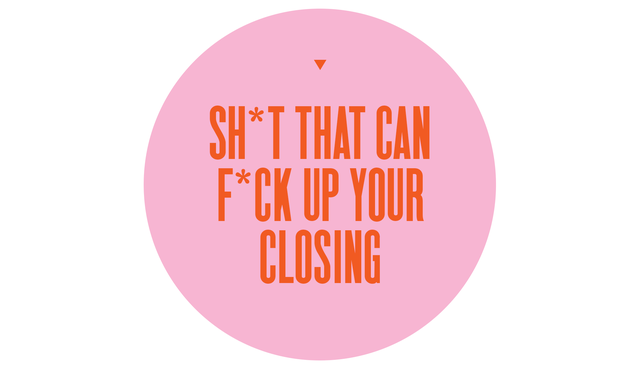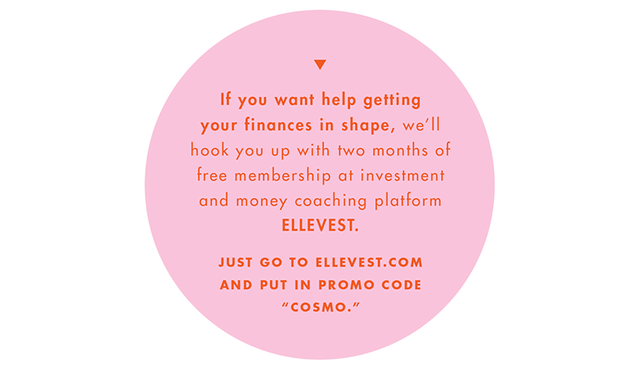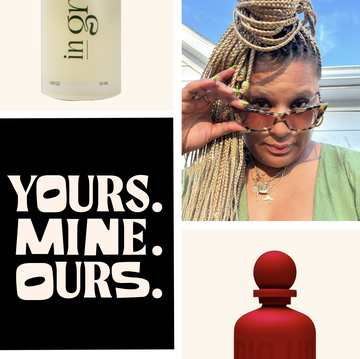Last year, while you were babysitting your sourdough starter, the U.S. real estate market was having itself a time. After the pandemic untethered millions from their offices, people who could afford to snapped up houses in the suburbs or peaced out to cabins in the woods. Those who couldn’t fantasized about it via late-night Zillow porn. “A lot of people were rethinking where and how they wanted to live,” says Zillow’s home trends expert Amanda Pendleton. And what they landed on was…anywhere but here. As yards became hot luxury items and virtual showings the norm, a house-buying fever sent prices through the roof: The median cost of an American home surged 24 percent from the year before to a record high of $350,000+. But that’s going to change. As the wheels of normal life start turning again, experts predict that new listings and construction will ultimately lead to more options and less competition. Also, “interest rates are almost as low as they’ve been in this lifetime, so the ‘cost’ of borrowing money is really low,” says Priya Malani, founder of Stash Wealth. Translation: This may be your moment to pounce.
We know. You have student loans. You’re overdue for a raise. You’re super single atm. But you’re probably in better shape than you think. In recent years, the number of female renters who could afford to buy grew in 37 of the top 50 metro areas. And during the last quarter of 2020, the increase in home purchases by single women was twice that of single men.
Meanwhile, nearly 2 million city renters could have bought a typical U.S. starter home somewhere else, and thanks to the rise in telecommuting, Black renters in major cities are 29 percent more likely than others to be able to move and buy a first home, according to Zillow.
So yes. Buy for the smart investment opportunity and highly Instagrammable open-kitchen shelving. But also because white men have always owned way more property than women have—and especially more than women of color, who’ve been penalized by racist housing practices targeting Black buyers. To this day, housing disparities account for almost 40 percent of the Black-white wealth gap.
You probably can’t on your own—and that’s totally normal. Like most people, chances are you don’t have untold thousands chilling in your bank account, so “buying a home” really means that a bank buys it for you—and you pay them back very slowly, over decades, with interest. That’s what a mortgage is. To qualify for one, you need three things:
Voilà, you have now unlocked the final step (of this part, anyway). Preapproval is a letter from a bank confirming that they’ll lend you an amount they have determined you can afford, based on piles of paperwork. Now you can make an official offer on your dream house. Most preapprovals last 60 to 90 days, but if yours expires, NBD. Re-upping is usually a cinch.
Moroccan tile shower, come to mama.
1. You know where you want to live for at least the next few years. In addition to paying for the, uh, actual home, buying a property entails shelling out for “closing costs” that can be up to 5 percent of the home’s price plus other fees and taxes when you sell. So unless you think the value of your place will spike quickly, it might not be worth it if you don’t plan to stay for a while.
2. You’ve thought about what matters to you. Commute? Space? Already renovated kitchen? Make a list of your nonnegotiables and discuss them with your agent, who can prescreen places that meet your needs.
3. You’re not doing it just for the money. True, real estate is a solid investment, but if you have other ones (like stocks or mutual funds) that are already killing it and you’re super happy in your current place, you don’t need to buy a home.
4. You’ve paid off your high-interest debt. Mortgage rates are mega low right now. But if the APR on your credit card is high (like, above 10 percent), you should pay it off before applying for a home loan, since that debt will balloon faster than the value of your new place will.
5. You won’t need to use your 401(k) for the down payment. This may technically be allowed, but don’t do it. The money in a retirement account will most likely grow faster than the value of a home. (If you take this route anyway, make sure you fully understand the terms of cashing out early.)
To buy a home, you need a *staff*. These are the people who will help you get the deal done.
Cottagecore vibes are great and all, but there’s a *lot* more to look for.
Just because you’ve signed a contract doesn’t mean you’re good to go. Beware these common mistakes.
YOU CHANGED JOBS but forgot to tell your lender, which means your eligibility might be affected and your loan paperwork needs to be redone.
YOU APPLIED for a new credit card, kicking off a hard inquiry into your credit and making you look *risky* to the bank.
YOUR SELLER AGREED to fix that busted window and then…did not…so your lawyers have to first hash it out (for, like, weeks).
YOUR NEW HOUSE APPRAISES for way less than the price you agreed to pay, causing the bank to reduce the amount it’ll loan you, but the seller won’t budge on price.
YOU FLAKE on getting homeowner’s insurance, which needs to be in place before the title gets transferred.
YOU BRING A PERSONAL CHECK to your closing (nope, cashier’s check or wire transfer only, pls).
There are ways to sweeten your offer even if you’re not a millionaire. Agent MJ Collum, who is based in Kingston, New York—which saw the fastest-rising home prices in the U.S. last year—tells you how.
HEDGE YOUR BETS. Search for properties $50,000 under your actual budget—that way, if you find something you really want, you can afford to go over asking price. FYI, the median price buyers paid in 2020 was 99 percent of asking price.
DON’T BLUFF. Right now, properties are moving fast and there’s so much competition that a lowball offer will probably get dismissed. If you’re serious about the house, your bid should reflect that.
SHOW EMOTION. When a seller has a bunch of offers on the table, a personal touch can help tip their decision in your favor. Write them a letter about why you should be the new owner and your heartfelt plans for the place.
GO ALL IN. Put down as much cash as possible: 10 percent on the contract and 20 percent on the mortgage, if you can manage. With multiple offers being the new norm, showing you have cash on hand tells sellers you’re a sure thing.

